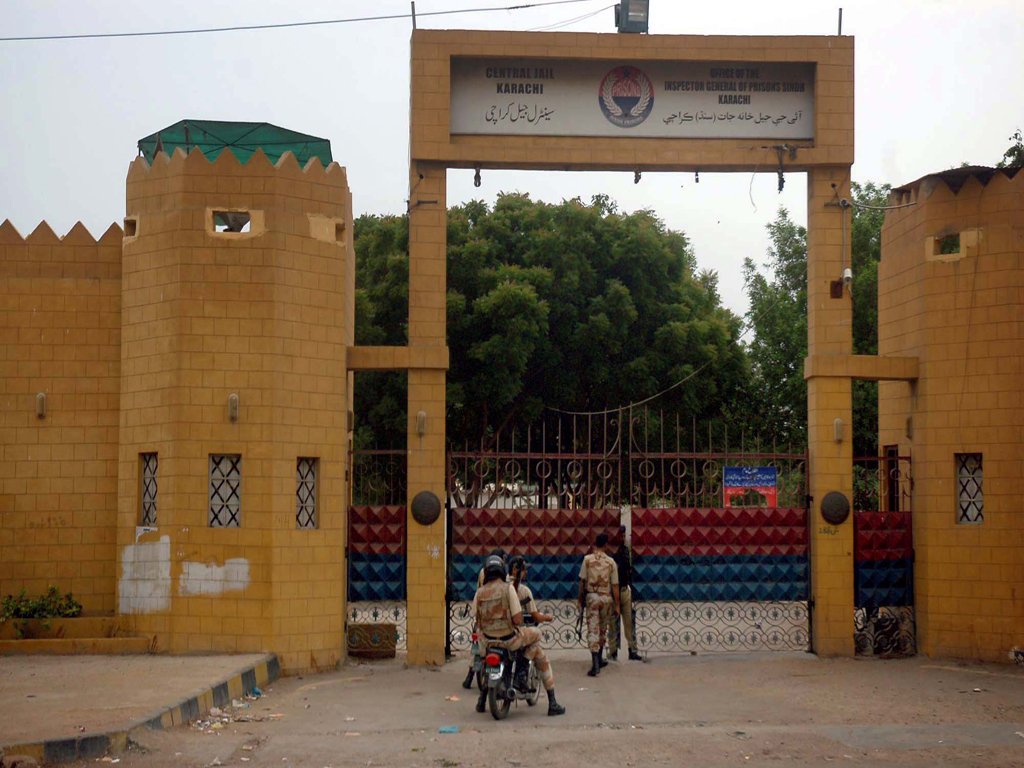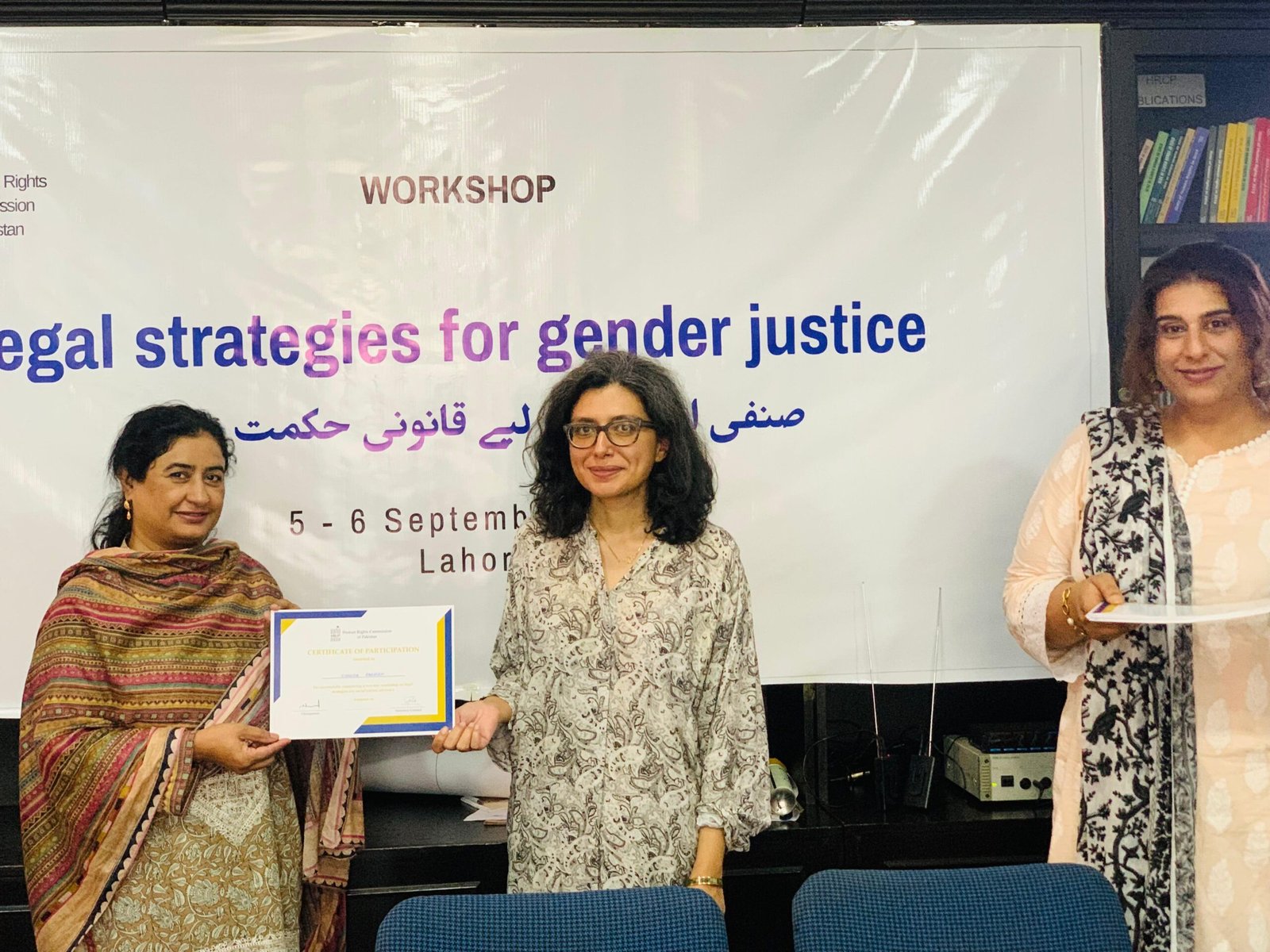Special Criminal Anti-Terrorism Jail Appeal No. 104 of 2024
The Law Office of Sara Malkani represented the appellant, N, who along with a co-accused, Y, was acquitted by the Sindh High Court after being convicted by an Anti-terrorism Court for the murder of an intelligence agency official.
The prosecution alleged that on November 12 2023, another co-accused, MA, along with N and Y drove up on a motorcycle to the victim, who was sitting at a bus stop. MA allegedly shot the victim and drove away with N and Y.
The Anti-terrorism Court (ATC) found that MA was guilty of murder under Section 302 of the Pakistan Penal Code and that the action constituted terrorism under the Anti-terrorism Act of 1997. The ATC found that N and Y shared a “common intention” with MA to murder the victim, and on that basis N and Y were found guilty of murder and terrorism. All three were also found guilty under the Sindh Arms Act 2013 for carrying weapons for an unlawful purpose. MA was sentenced to death, while N and Y were sentenced to life imprisonment.
On appeal, the Sindh High Court found that while sufficient evidence was presented at trial to find MA guilty of shooting the victim to death, the prosecution failed to prove that N and Y shared a “common intention” to murder the victim. The Sindh High Court affirmed that motive was not established at trial and therefore there no proof of common intention. It found that the ballistics examination report of the weapons allegedly recovered from the accused persons could not be relied upon as it did not clearly identify the weapons which were supposedly examined. Further, the appellate court concluded that the motive for terrorism was not established at trial and therefore the accused persons could not be found liable under the Anti-terrorism Act 1997.
On these grounds, N and Y were acquitted on June 4 2025. MA’s death sentence was reduced to life imprisonment.

Special Criminal Anti-Terrorism Jail Appeal No. 186 of 2023
The Law Office of Sara Malkani appeared for three appellants, MS, MA, and HR, who had been sentenced by the Anti-Terrorism Court (ATC) to seven years imprisonment. According to the prosecution, on March 8 2021, police received spy information that the accused persons were allegedly planning to sell narcotics. Police officials went to confront them and upon their arrival, the accused persons allegedly opened fire with the intent to kill, prompting retaliatory fire from the police. The prosecution maintained that an encounter had taken place during which a police constable sustained injuries. MS was arrested at the scene, while MA and HR were apprehended two days later.
The ATC found the accused persons guilty under Sections 353 and 324 of the Pakistan Penal Code for assault on public servants during duty and for attempting to commit intentional murder. The Court further held that the acts constituted terrorism within the meaning of Section 7 of the Anti-Terrorism Act, 1997.
On appeal, the Sindh High Court observed that the testimonies of the police officials regarding the alleged encounter were unreliable. The Court found that the prosecution failed to produce satisfactory evidence regarding the alleged injury to the police constable, as conclusive medical records were not submitted, and no other evidence was provided to substantiate the claim. It also noted that although the incident occurred in a residential area, the investigating officer did not record the statements of neighbours or other potential witnesses. The thirteen-day delay in handing over the weapons allegedly used by the accused persons, namely a 30-bore pistol, to the Forensic Department of Sindh further weakened the prosecution’s case.
The Court concluded that there was no convincing and trustworthy evidence against the accused persons, and that the prosecution had not established guilt beyond a reasonable doubt. As a result, on March 7 2025, the court set aside the convictions.



